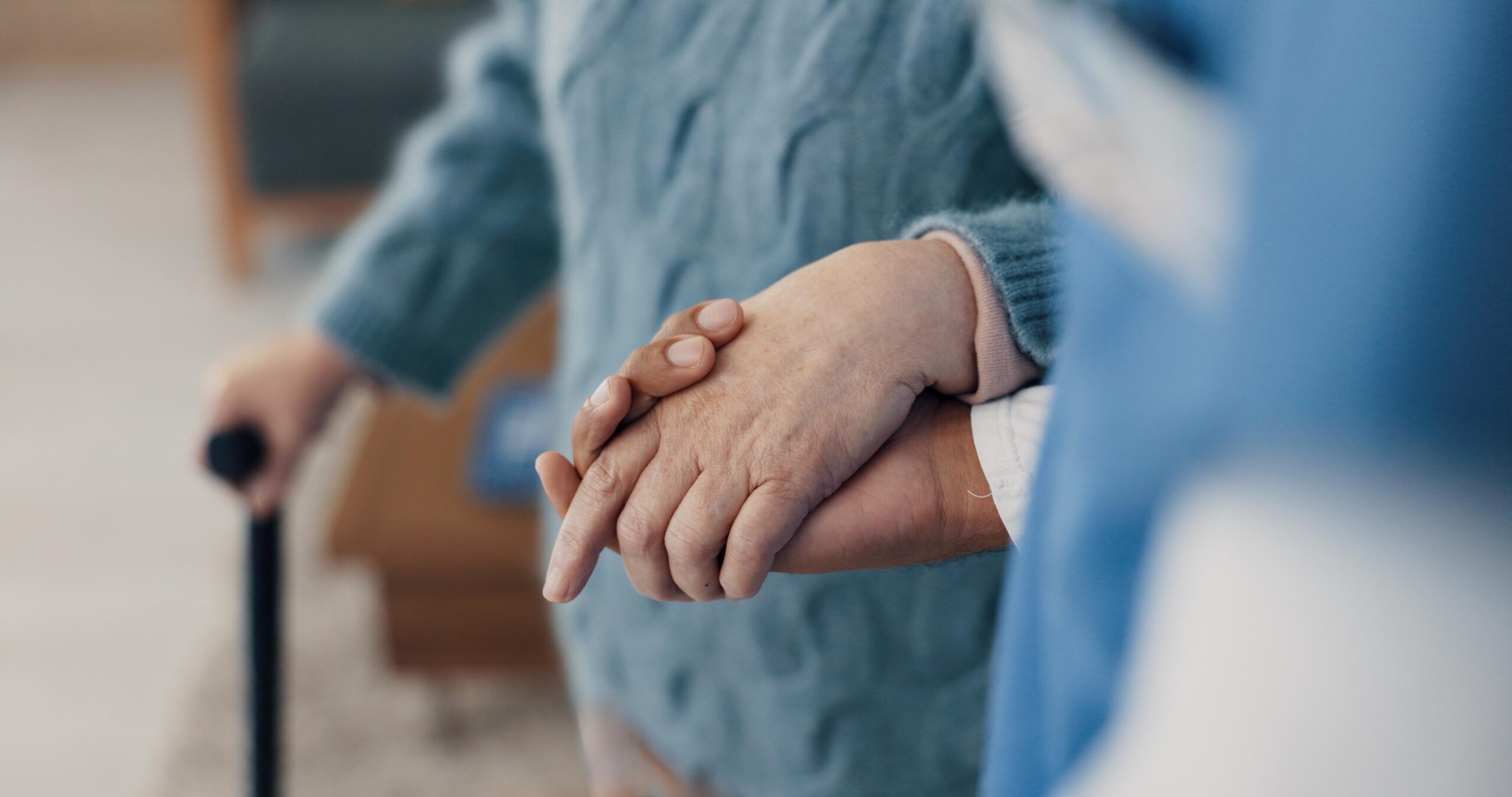Medical experts warn that doctors’ reliance on artificial intelligence for colon cancer detection may be eroding their natural diagnostic skills, potentially creating dangerous gaps in patient care.
Story Highlights
- AI-assisted colonoscopy systems may weaken physicians’ innate tumor detection abilities
- Expert concerns about “deskilling” as doctors become overly dependent on technology
- Studies show AI improves overall detection but not advanced adenomas by experienced physicians
- Risk of diagnostic errors when AI systems malfunction or are unavailable
Technology Creating Dangerous Dependencies
Medical professionals are sounding alarm bells about artificial intelligence’s growing role in colonoscopy procedures. While AI-assisted systems like GI Genius have gained FDA clearance and demonstrated improved polyp detection rates, gastroenterologists worry that physicians are losing their fundamental diagnostic skills. This troubling trend mirrors similar concerns in aviation, where autopilot systems have led to diminished manual flying abilities among pilots. The medical community faces a critical question: are we trading clinical expertise for technological convenience?
Watch: How AI in Colonoscopies Might Be ‘Deskilling’ Doctors: New Research Reveals Concerns
Research Reveals Troubling Patterns
Recent large-scale clinical trials published in 2023-2025 expose significant limitations in AI-assisted colonoscopy effectiveness. While these systems increase overall adenoma detection, they fail to significantly improve detection of advanced adenomas by experienced physicians. The National Cancer Institute’s research highlights that AI may actually encourage unnecessary resections of small, low-risk polyps, potentially increasing complications without meaningful health benefits. These findings challenge the widespread assumption that AI universally improves cancer screening outcomes.
Professional Societies Issue Warnings
Leading gastroenterology organizations are calling for balanced integration of AI technology, emphasizing the critical need for ongoing training and skill assessment. Experts warn of “automation bias,” where clinicians may defer to AI recommendations even when they’re incorrect. The American Medical Association advocates for “human-in-the-loop” systems that keep physicians actively engaged in decision-making rather than passive observers. This approach aims to preserve the clinical judgment that has traditionally distinguished skilled practitioners from novices.
Long-Term Risks Threaten Patient Safety
The erosion of diagnostic skills poses serious long-term consequences for healthcare quality and patient safety. If AI systems malfunction or become unavailable, physicians may lack the proficiency needed for accurate tumor detection. This concern is particularly acute for medical trainees and less-experienced practitioners who may never develop strong manual detection skills. Hospital administrators must now balance technology adoption with workforce competency, ensuring that innovation doesn’t compromise the fundamental medical skills that save lives.
The medical establishment’s rush to embrace AI technology reflects broader patterns of technological dependency that conservatives have long warned against. When institutions prioritize efficiency and standardization over individual expertise and judgment, they risk undermining the very foundations that made American healthcare innovative and effective.
Sources:
National Cancer Institute Cancer Currents Blog – AI in Colonoscopy Detection
World Journal of Gastroenterology – AI Impact on Clinical Skills
American Medical Association – AI in Colon Cancer Detection
Journal of Clinical Oncology – Systematic Review of AI in Screening









